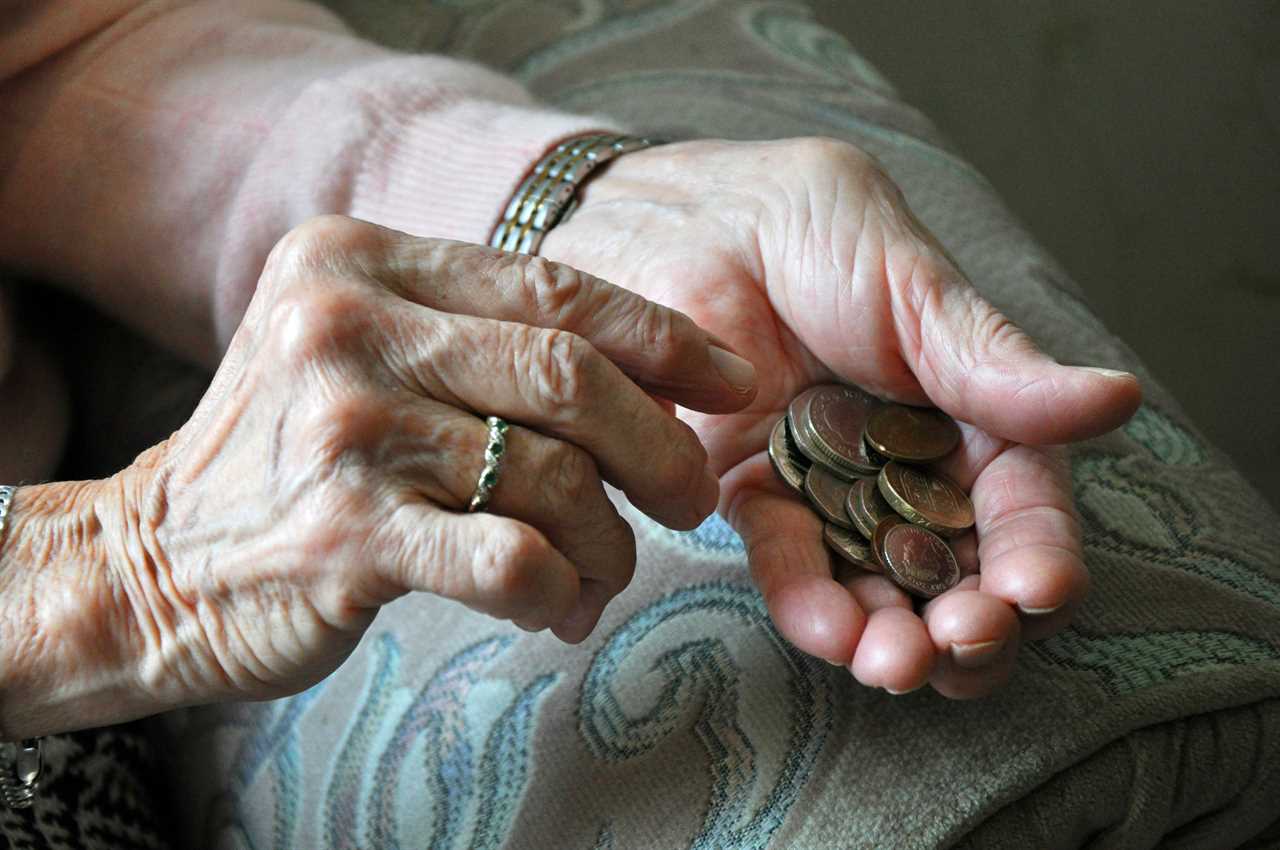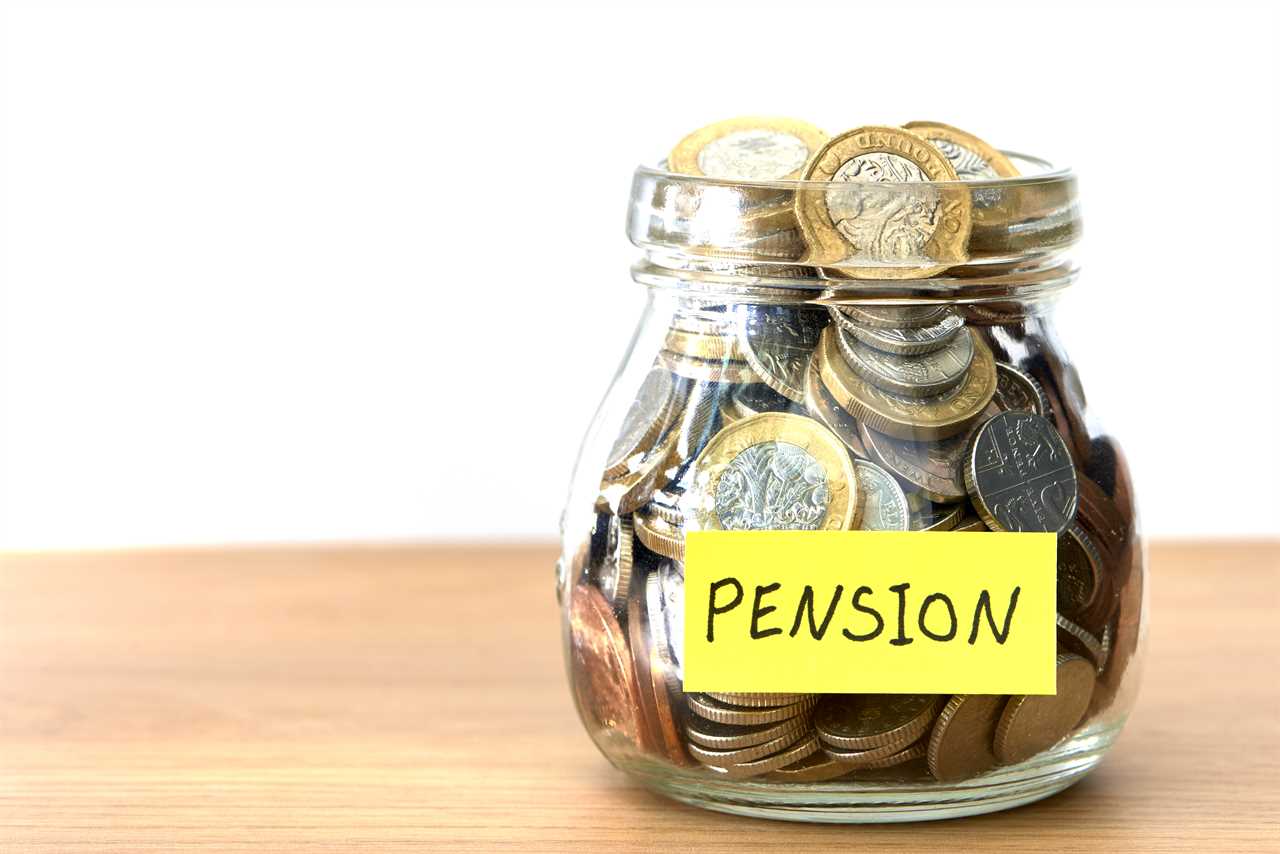THE triple pension lock is to return for next year – here’s what it means.
We explain how the triple lock works and what it means for the state pension.

What is the triple lock?
The triple lock is a calculation used to determine how much the state pension rises by each year.
It was introduced by the coalition government in 2010 and sees pension payments increase in line with whichever of the following is highest:
- earnings – the average percentage growth in wages in Great Britain
- prices – the rising cost of living in the UK, as measured by the Consumer Prices Index (CPI)
- 2.5%
The triple lock means the pension payments will rise in 2023 by whichever is highest: earnings, inflation or 2.5%.
Retirees are expected to benefit from rising inflation, which is expected to hit more than 10% this year.
The rise in inflation could boost income for those in retirement by around £1,000 a year.
The triple lock calculation for the annual rise to the old age benefit was temporarily suspended because of the pandemic and was reduced to a double lock.
Last year, the maximum basic state pension, which is for those with a national insurance record pre-April 2016, rose by £5.05 – this meant maximum payments grew from £129.20 to £134.25 a week.
The new state pension amount is now £185.15 and could rise to over £200 a week in 2023.
The new state pension is for those who build up national insurance contributions after April 2016.
Ten years worth are needed to get the new state pension, while 35 years are needed to qualify for the full amount.
You need at least 30 qualifying national insurance years to get the basic state pension.
Is the triple lock being scrapped?
No. Although the triple lock was replaced with a double lock promise last year, the triple lock is returning next year.
Last year, wage growth was removed from the uprating because the coronavirus skewed wage data that would have given pensioners a bumper pay day.
Instead the state pension rates increased by inflation of 3.1% in April, based on last year’s inflation figures.
But inflation is currently far higher at 9% leaving pensioners worse off in real terms.
If inflation hits 10% as experts predict it could push up state pension payments by an extra £18.52 a week – or £962.78 a year.
Although the lock is set to return, there were calls last year for the triple lock to be axed for years given its cost on public coffers – either becoming a double lock or being scrapped altogether.
Millions of pensioners will get a £300 payment in October to help cover the rising cost of heating homes over winter.
Pensioners on the lowest incomes will get a £650 payment along with others on benefits like Universal Credit from July.
We explain child benefits including how much you can get and if you can claim for more than two children.
Did you miss our previous article...
https://trendinginthenews.com/covid-19/its-my-fault-my-husband-caught-covid-and-died-alone-in-hospital








